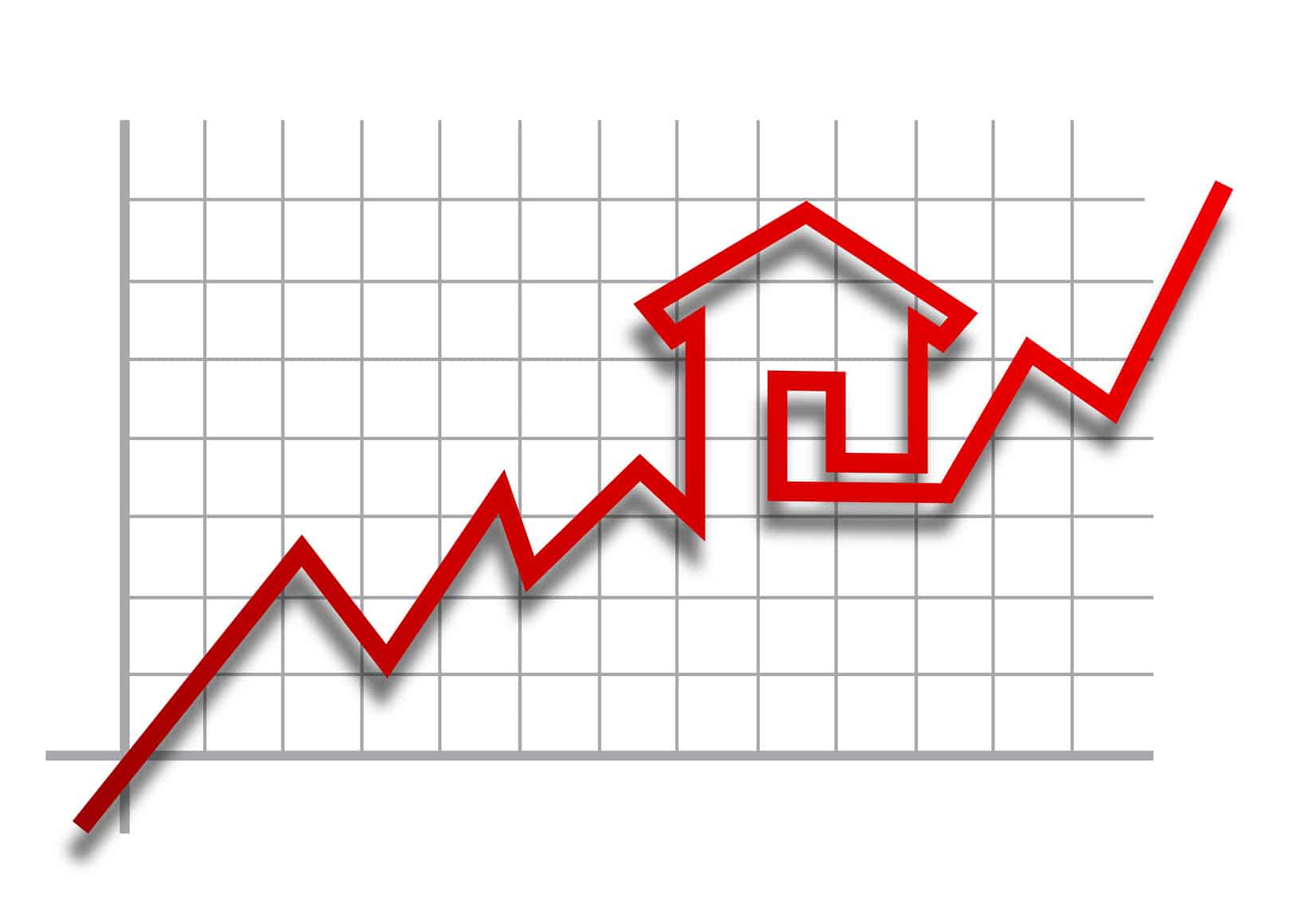A Comparative Market Analysis (CMA) is a tool used by real estate agents to help determine the value of a property by comparing it to similar properties (known as “comps”) that have recently sold, are currently for sale, or were taken off the market in the same area. The goal of a CMA is to provide an estimated market value for a property, whether you’re buying, selling, or refinancing.

Quick Read:
- CMA Overview: Estimates home value by comparing similar properties.
- Process: Evaluates location, size, condition, and market trends.
- Benefits: Ensures accurate pricing, market insights, and negotiation power.
Here’s how it works:
1. Selection of Comparable Properties:
Your real estate agent looks for homes that are similar to the subject property in key aspects, such as:
-
- Location: Properties within the same neighborhood or a similar market area.
- Size: Comparable square footage of living space (both inside and outside).
- Age and Condition: Homes built around the same time, or those that have similar features, like upgrades or renovations.
- Style: Similar architectural style and layout (e.g., ranch, colonial, modern).
- Features: Number of bedrooms and bathrooms, garage size, lot size, and additional amenities (like a pool or finished basement).
2. Data Collection:
Your agent collects data on these comparable properties, focusing on:
-
- Sales Price: The final sale price of homes that recently sold.
- Active Listings: The asking prices of homes currently for sale.
- Pending Sales: Homes under contract, though not yet closed, to get a sense of what buyers are willing to pay.
- Expired Listings: Homes that were listed but didn’t sell, which can indicate overpriced properties.
3. Adjustments:
Based on the differences between the subject property and the comparable homes, your agent may make adjustments to account for things like:
-
- A larger or smaller lot.
- A newly renovated kitchen or bathroom.
- A better location (e.g., closer to schools or parks).
4. Analysis and Conclusion:
After reviewing the data and making necessary adjustments, your agent provides a price range for the property based on the CMA. This helps both buyers and sellers:
-
- For sellers, the CMA can guide them on a competitive listing price that reflects the current market.
- For buyers, the CMA helps determine if a property is priced fairly based on market conditions.
Why a Comparative Market Analysis is Important
- Accurate Pricing: Sellers can avoid overpricing (which might lead to their home sitting unsold) or underpricing (leaving money on the table).
- Market Insight: Buyers can assess whether a property is priced competitively compared to similar homes in the area.
- Negotiation Leverage: Both parties can use the CMA to inform their negotiations.
In essence, a CMA helps ensure that a property is priced appropriately relative to similar homes in the local market. It’s an essential tool in real estate transactions to make sure that both buyers and sellers have realistic expectations.
Curious about your home’s current market value? Unlock a personalized, no-obligation Comparative Market Analysis (CMA) tailored specifically for your property. Our expert team will provide you with accurate insights to help you make informed decisions. Request your free CMA now!




